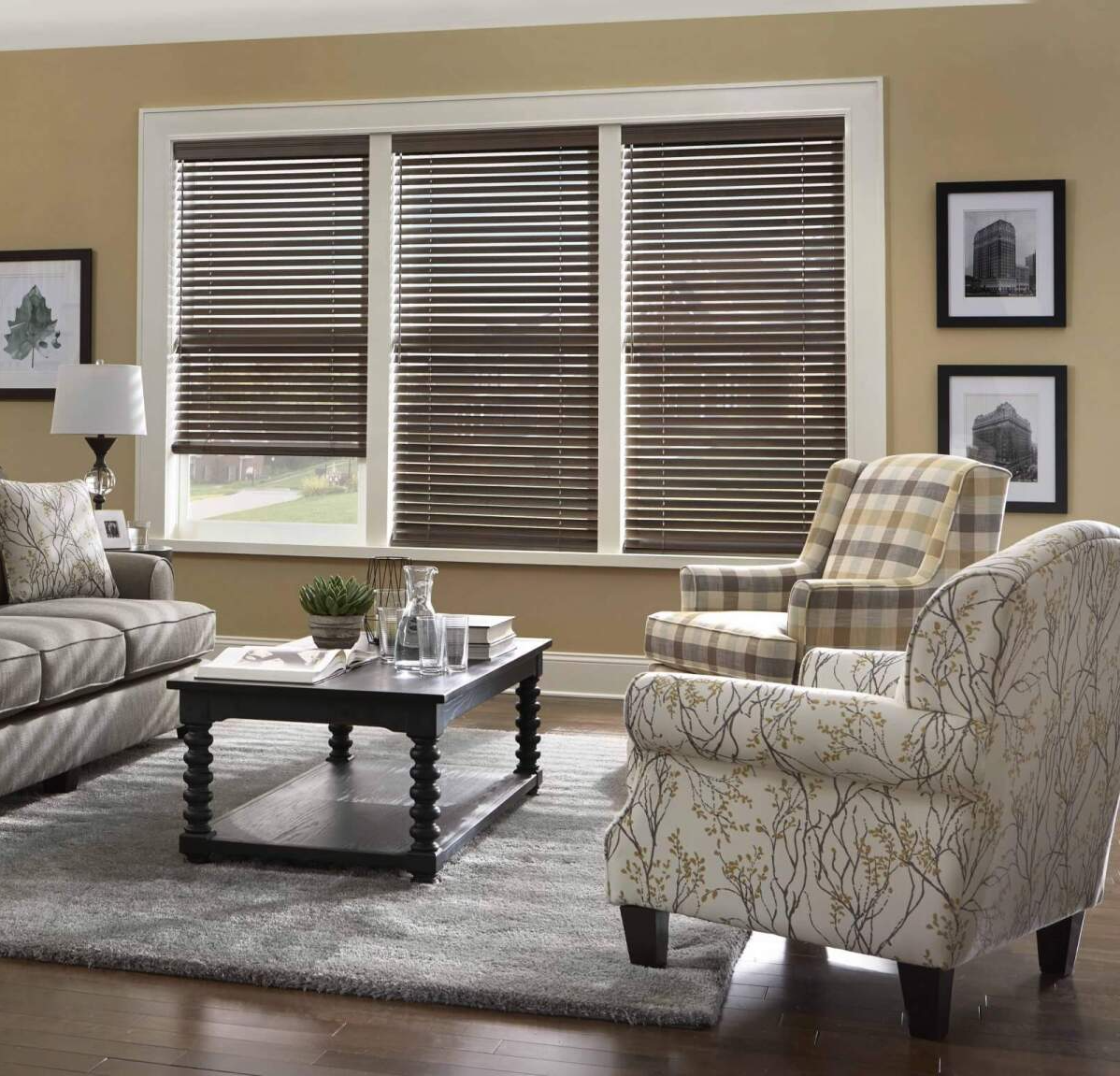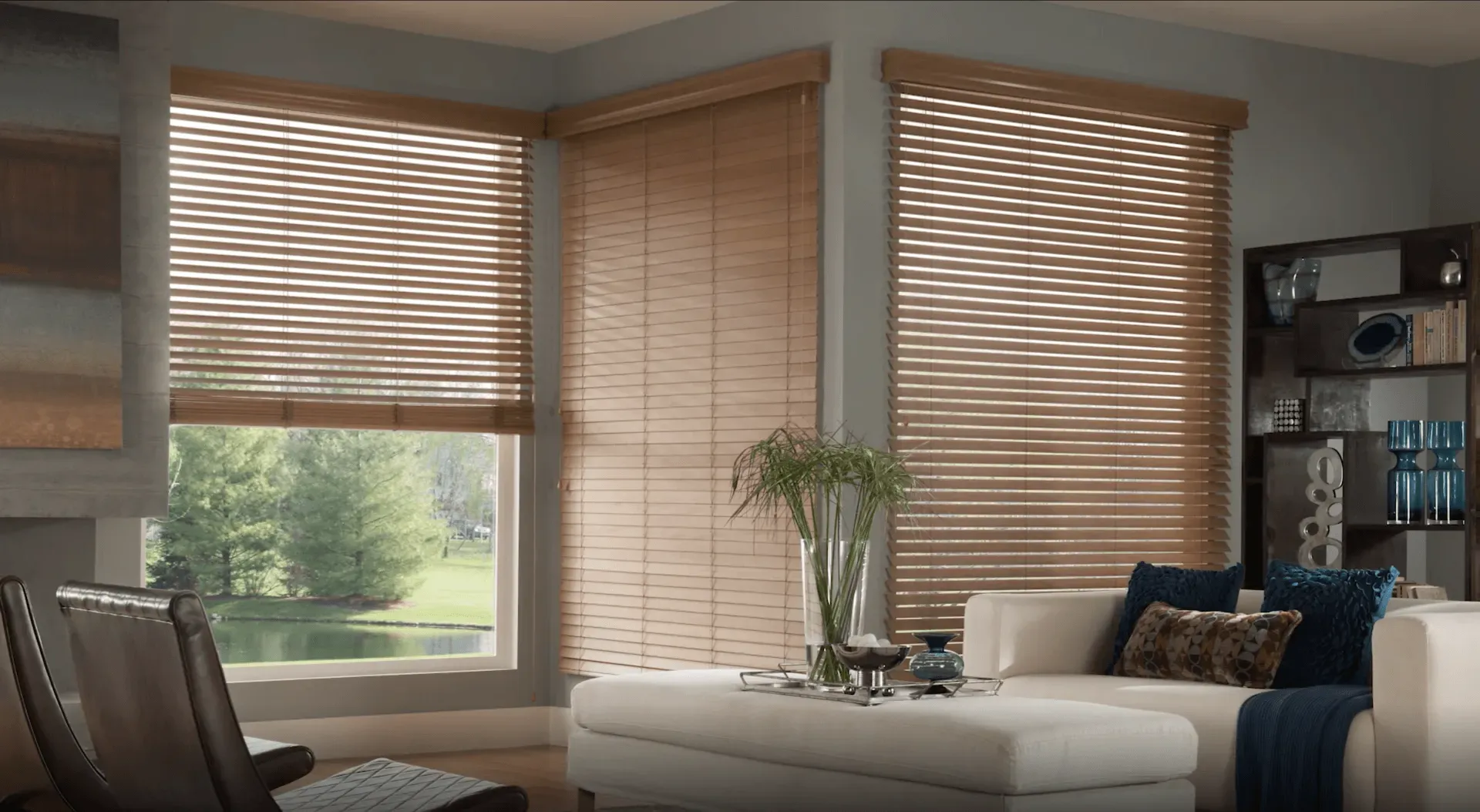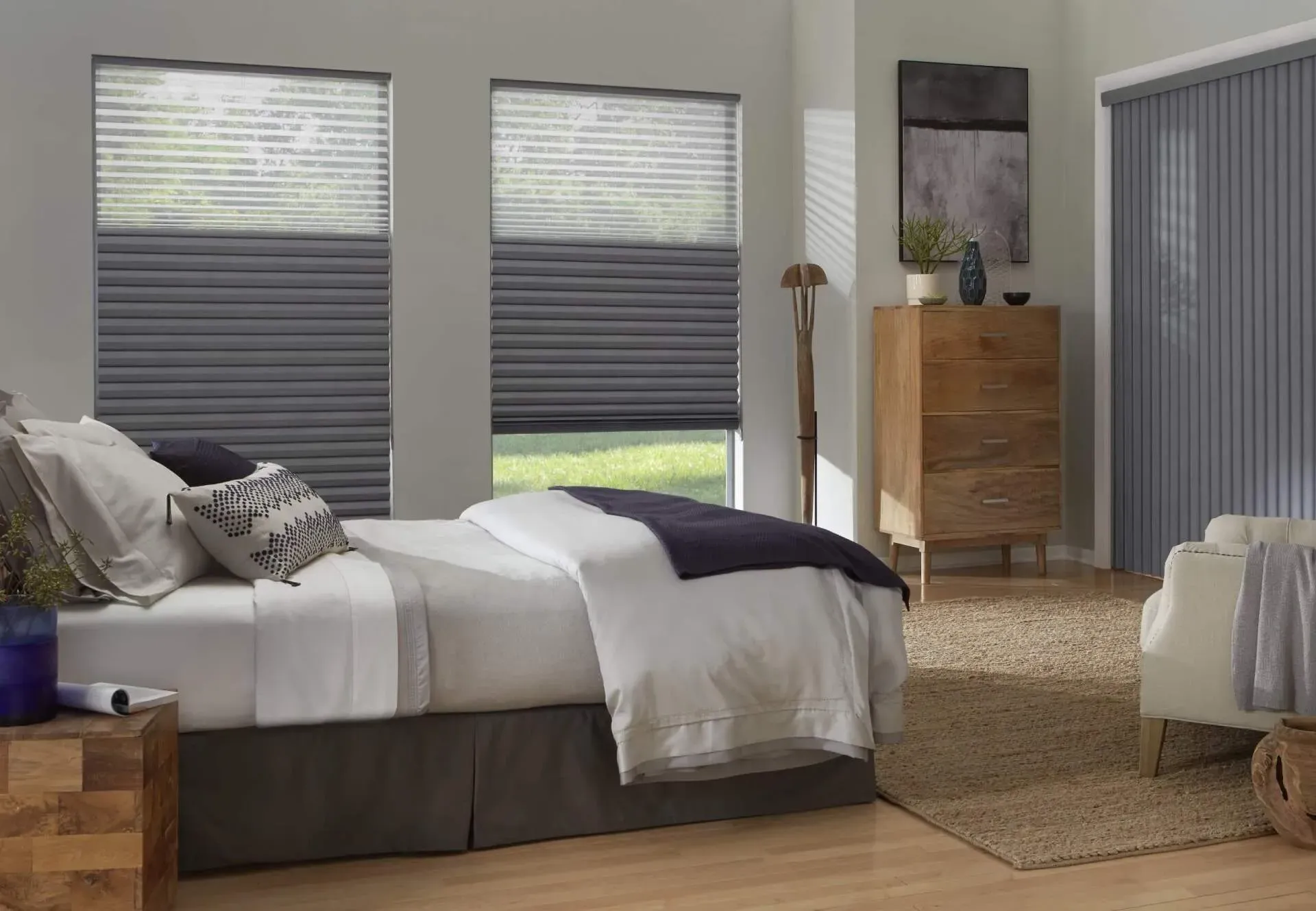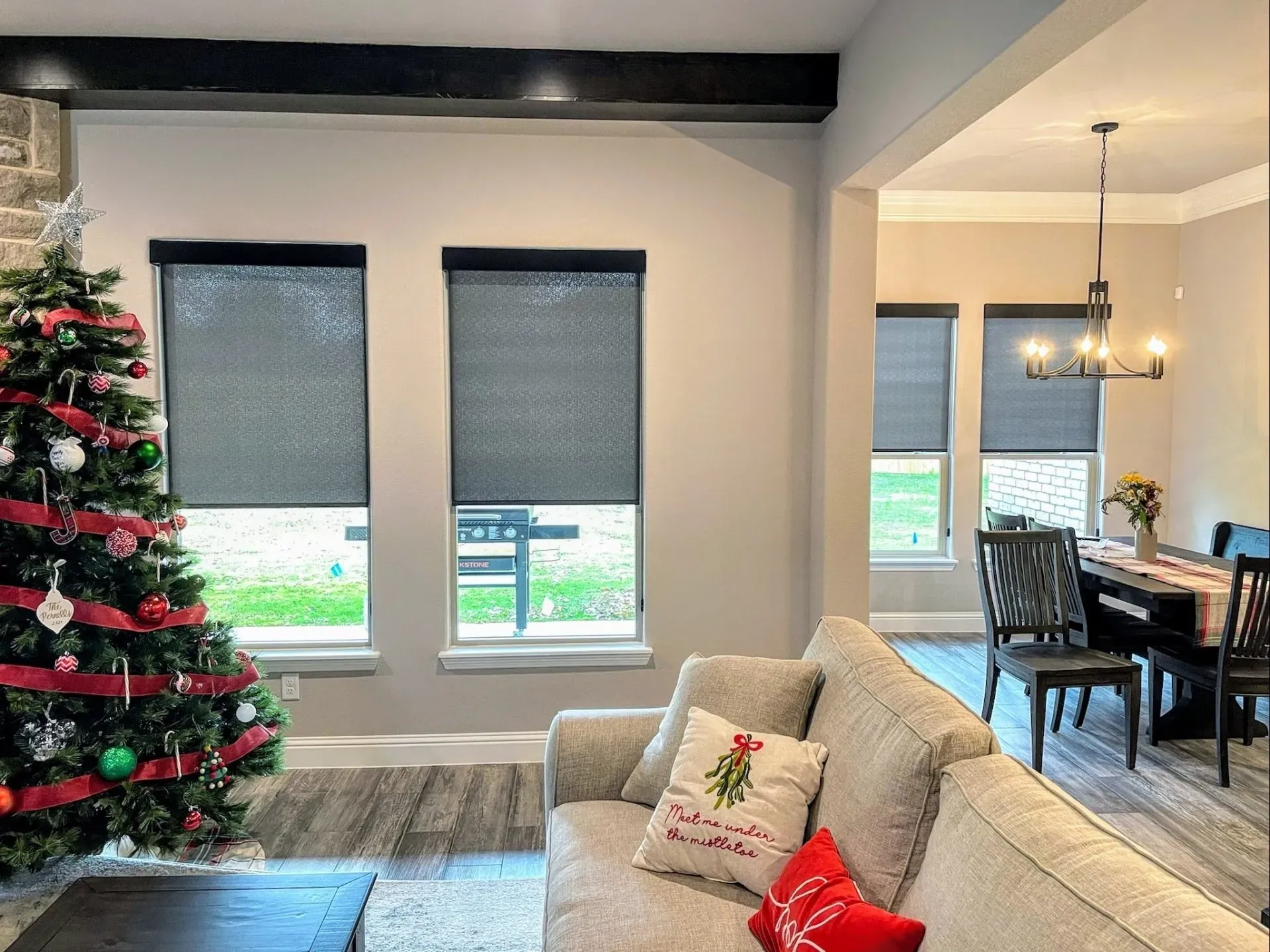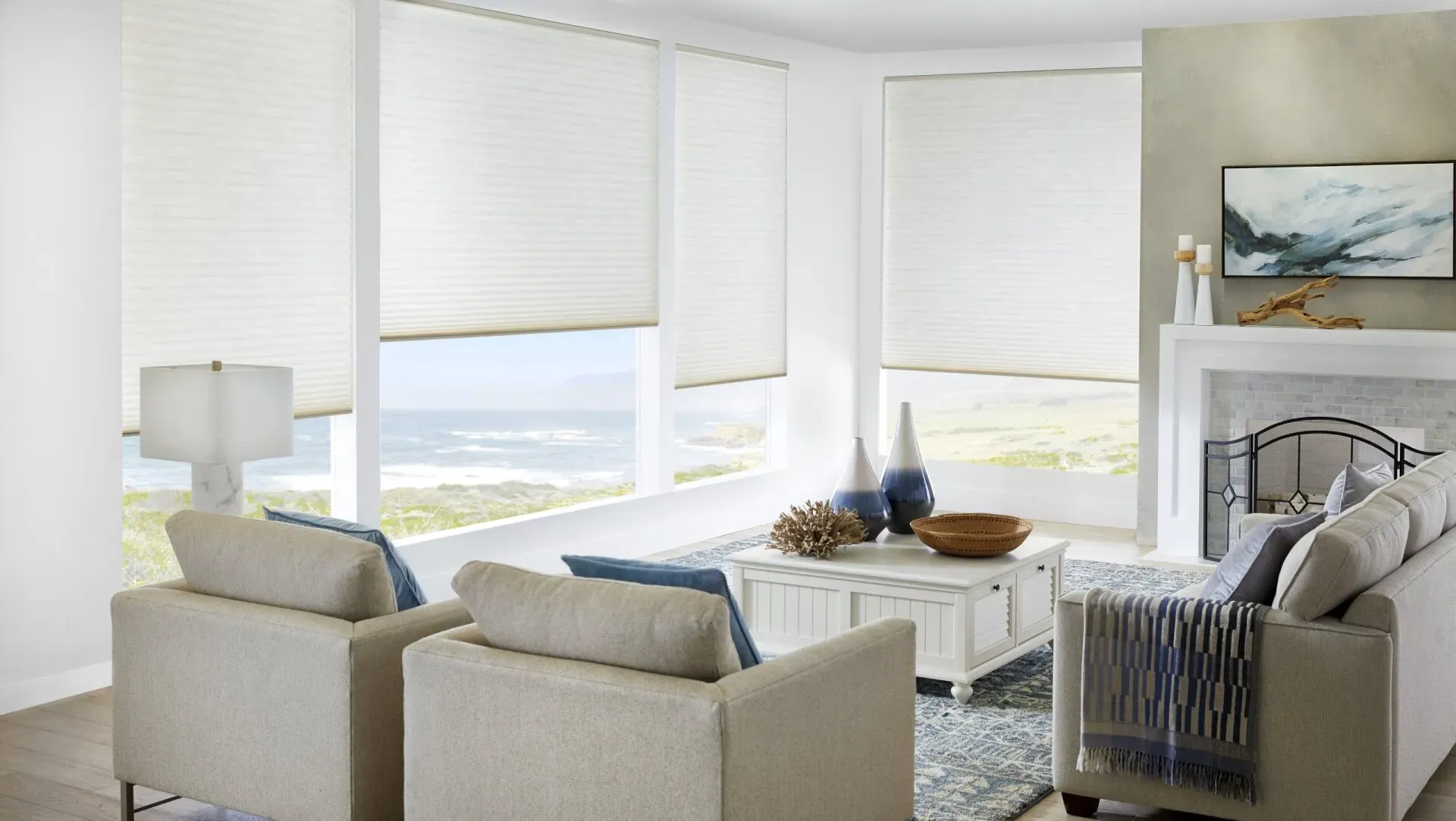History & Significance of Presidio San Agustín del Tucson
In the heart of Tucson, Arizona, the Presidio San Agustín del Tucson stands as a reminder of the area’s rich Spanish colonial past. Built-in the 18th century, this fort protected settlers and played a big role in shaping Tucson’s early development. Today, visitors can explore the restored site and get a sense of what life was like in old Tucson.
Introduction to Presidio San Agustín del Tucson
The Presidio was built in a key location in Southern Arizona, allowing Spanish settlers to control the region and protect against threats from Native American tribes. While its main purpose was defense, the Presidio also became a center for trade, culture, and social interaction, making it a vital part of Tucson’s growth.
Early Foundations of the Presidio
In 1775, the Spanish colonial government built the Presidio
to protect settlers from Apache raids. With its thick adobe walls and location along the Santa Cruz River, it became a safe place for those in the area. The Presidio marked the beginning of Tucson’s transformation from a remote outpost to a bustling settlement.
Spanish Colonial Influence
The influence of the Spanish settlers at the Presidio is still felt today. They introduced new ways of building, farming, and trading, and their military presence helped secure the area. The interactions between the Spanish and the Native Americans left a lasting impact on the region’s culture and history.
Key Historical Figures
Important figures, such as Captain Juan Bautista de Anza, played key roles in the Presidio’s founding. Indigenous leaders who made peace and trade agreements with the Spanish were also crucial in shaping the history of Tucson and its surrounding areas.
Daily Life at the Presidio
Life at the Presidio involved a mix of military duties and daily survival. Soldiers and their families lived together in close quarters, often trading with local Native American tribes. While tensions existed, cooperation and the exchange of goods helped everyone survive.
Economic and Social Role
The Presidio was more than just a fort; it became a center of trade and social life. Goods from other settlements and Native American tribes flowed through the area, helping Tucson develop into a thriving community.
Decline and Restoration of the Presidio
By the early 1800s, political and military changes led to the Presidio's decline. After Mexico gained independence from Spain, the fort was eventually abandoned. It wasn’t until the late 20th century that historians and archaeologists began restoring it to its former glory.
Today, the Presidio is a historical landmark in Tucson. Visitors can tour reconstructed buildings, learn about the region’s past, and experience cultural events. With continued restoration efforts, the Presidio remains a crucial piece of Tucson’s history, connecting the past to the present.
FAQs for Presidio San Agustín del Tucson
Q: How did the Presidio influence Tucson today?
A: The Spanish influence on architecture, culture, and trade can still be seen in Tucson’s modern life.Q: What restoration efforts have taken place?
A: Extensive restoration has brought the fort back to life, allowing visitors to experience what it was like during the 18th century.Q: What’s special about the walls of the Presidio?
A: The thick adobe walls were built for defense and are a key feature of the fort’s architecture.Q: Can you visit the Presidio today?
A: Yes, it has been restored and is open for tours and cultural events.Q: What is Presidio San Agustín del Tucson?
A: It's a Spanish colonial fort built in 1775 to protect settlers in Tucson, Arizona.Q: Why was the Presidio abandoned?
A: Changes in politics and military power led to its decline and eventual abandonment.
LOVE IS BLINDS WINDOW TREATMENT PRODUCTS
Faux Wood Blinds
Also known as imitation wood, faux wood blinds are made from various materials—composite, foam wood, PVC, or vinyl.
Real Wood Blinds
Real wooden blinds have an outstanding appearance that adds a natural, organic feel, and warmth to your space.
Honeycomb Shades
Honeycomb or cellular shades are a type of window treatment made from continuous pieces of fabrics that either fold or roll up along soft pleats.
Roller Shades
Roller shades window treatments have a tidy, versatile, and high-quality design.
RESERVE A COMPLIMENTARY CONSULTATION CALL US TODAY
Give Us a Call
Send Us a Message


